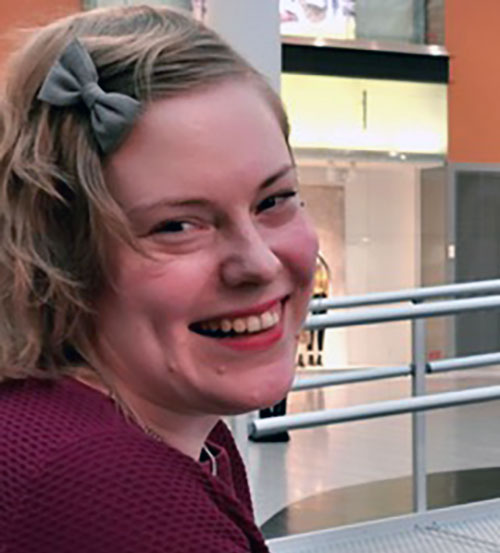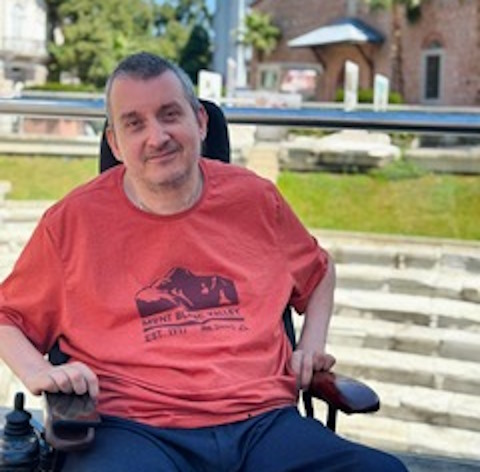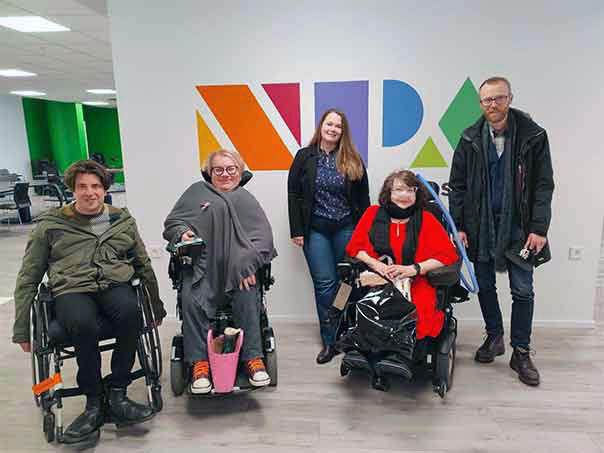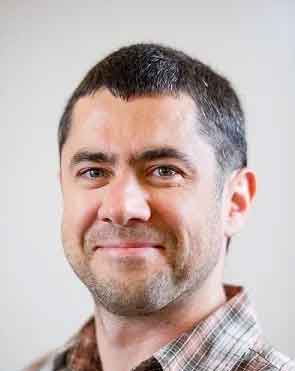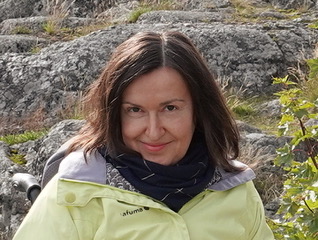Care or Personal Assistance around the World
Articles, interviews and reports about the situation of people who need practical daily help for their survival. For our purposes, “care” and “personal assistance” denote the two extremes of one conceptual continuum.
- “Care” means here getting fed, toileted, washed and dressed - the bare minimum needed for physical survival. With “personal assistance” the individual with a disability is in control and decides what is to be done, who is to work, and how, where and when the work is to be carried out.
- “Care” allows us to survive, “personal assistance” enables us to live.
- In “care” we are seen and made to feel as passive objects. With “personal assistance” we are subjects who can take our rightful place in family, community and society as full citizens, with the duties and rights that citizenship entails.
- With “care” we are not allowed to contribute much. With “personal assistance” interests, work, relationships and parenthood are possible for us depending on our potential and preferences.
- In “care” others decide for us. With “personal assistance” we decide.
Where along this continuum between “care” and “personal assistance” do we live? What are the consequences of a particular country’s policies in terms of our possibilities for inclusion, participation and self-determination? We want to highlight good solutions but we also need to document the injustice, negligence and sometimes outright oppression that our group is still exposed to.
Our ambition is to have updated descriptions of the situation in many countries. Most of the texts are in English, some in a few other European languages (for Swedish texts see assistanskoll.se).
We invite you to add to this collection by amending, updating articles or writing new texts. Please contact adolf.ratzka@independentliving.org
Personal Assistance articles by country
Belgium
Croatia
European Union
Finland
Germany
Greece
Iceland
Ireland
Latvia
Norway
Russia
Spain
Sweden
- Self-determination for Persons with Extensive Disabilities through Direct Payments for Personal Assistance 2017-06-07
- Die Voraussetzungen zur De-institutionalisierung von Menschen mit Behinderungen 2015-04-14
- What role can Independent Living play in a country in economic crisis? 2015-03
- Remissvar på betänkandet Förändrad assistansersättning – en översyn av ersättningssystemet (SOU 2014:9) 2014-06-21
- "Personligt om assistans" intervju med Adolf Ratzka av Peter Anderson-Pope för Rekryteringsgruppens tidskrift Kick höst 2013 2013-10-01
- Working hours for personal assistants in Sweden 2012-12-1
- Benefit fraud in relation to personal assistance in Sweden 2012-12-01
- Personal Assistance empowers persons with disabilities and benefits the national economy 2012-07-12
- The Independent Living movement paved the way: Origins of personal assistance in Sweden 2012
- Personal Assistance and the Crisis: Now is the time to promote Direct Payments for Personal Assistance 2012-06-01
- Independent Living for People with Disabilities of All Ages 2011-05-30
- Municipalities as personal assistance providers in Sweden 2010-12-31
- The role of relative helpers in the Swedish personal assistance system 2009
- La place des aidants familiaux dans le système d'assistance personnelle suédoise 2009
- IL 25 years Documentation - Bengt Westerberg 2008-11-29
- Independent Living movement’s 25 years of existence in Sweden 2008 - Documentation 2008-11-29
- ”Fru Schledermann” (på svenska) - En film om rätten till ett själbestämt liv med personlig assistans 1995
- “Mrs Schledermann” - A film about the right to Independent Living with personal assistance (Swedish language, English subtitles) 1995
- "Ge oss makt inte medlidande" är ett radioprogram om STIL och kampen för personlig assistans 2004-04
- Introduction to direct payments for personal assistance 1996-06-09
- Supporting families in keeping disabled family members at home: Swedish policy instruments 1995-06-01







